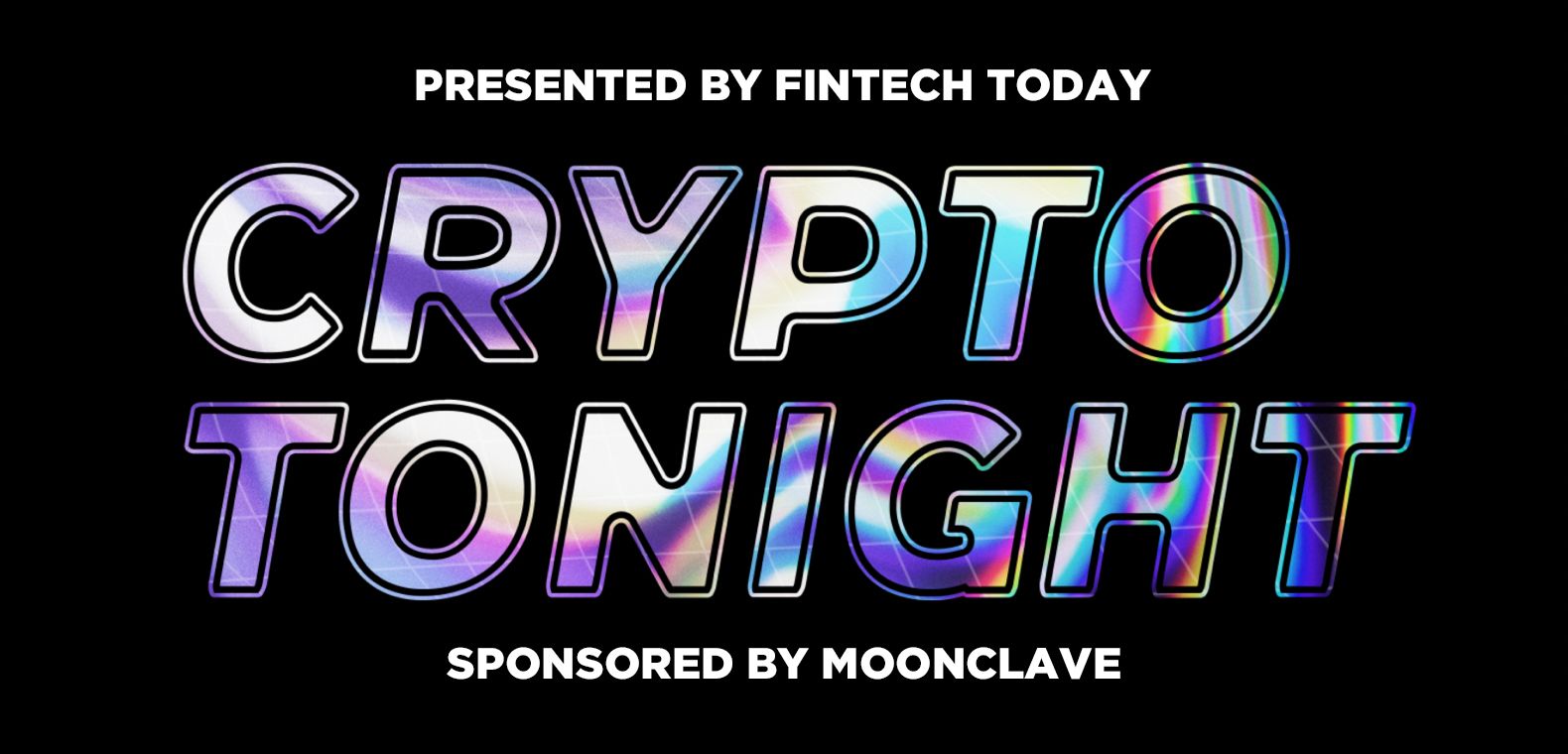
Gm everyone, Parker here. Remember back in 2019 when everything was pitched as a ‘lifestyle brand’, and the term was overused to the point where it meant literally nothing? I’m seeing the same empty trend happen with the concept of ‘community’ in Web3.
In Partnership With Moonclave
Moonclave is an invite-only crypto event created by industry insiders. This gathering of the minds is meant for CEOs and their leadership teams to coalesce with strategic partners, clients and investors.
Participants will be solely focused on the consequential decisions that will determine the future of Web3.
Join them for:
A curated experience: They'll eliminate the noise of events with tens of thousands
of people and elevate the substantive issues that its discerning audience must consider.
Connecting industry insiders: Visionary thinkers can brainstorm freely with legacy incumbents and exchange ideas that will shape the future of global finance.
Driving partnerships and collaboration: The format will facilitate transactions, partnerships and collaboration that will drive the future of financial markets.
Impactful discussions & insights: The stakes are higher than ever and players pouring into this market are demanding knowledge that can only be gleaned from real life interactions. Moonclave will create a constructive, engaging environment for digital assets to thrive.
Request an invitation at moonclave.com
I think community is super important, and I’m currently in the process of building one myself. But I don’t think everything that calls itself a community is necessarily a community. Lately, my Discord notifications have been popping off. You could call them immutable. Inescapable. Omnipresent.
They’ve gone off on the subway, echoing from the shell of my closed laptop nestled inside my backpack. How this works, I have no idea. But it’s got me thinking about all the ‘communities’ I’m a part of, and how many I actually feel like I belong to.
What is ‘community’, anyways?
Is it 6,000 people in a Discord server, unified by an impatience for an NFT drop? Is it 100 lurkers, seeking alpha? Is it [fill-in-the-blank]-maxi Twitter? Is it a seven-person meetup in central park? What are the limits of ‘community’? What defines ‘community’? There’s no one answer to these questions, but I’ve been thinking about them a lot. In doing so, I identified four core characteristics I believe healthy, thriving communities share.
1. Intrinsically motivated participants:
Perhaps the #1 litmus test for a thriving community is its ability to function in the absence of a leader. If the founder, leader, and/or moderator(s) go MIA for a month, how is the community doing? Is it still as active as before? Mutually symbiotic? Are members still engaging and contributing? A strong community isn’t unified by its pioneer or police. A strong community is composed of an active network of participants intrinsically motivated to be there– sustaining participation because they want to.
2. Mutualistic symbiotic relationships:
In nature, a ‘symbiotic mutualistic relationship’ is a close relationship between two (or more) different species where those organisms “work together”, and all species involved benefit from their interactions. One of the most classic examples of a mutualistic symbiotic relationship is that of the bee and the flower. Bees fly from flower to flower gathering nectar (their food). In doing so, they also transfer pollen across flowers, benefiting the flowers they drink from by pollinating them. One of the most interesting aspects of a mutualistic symbolic relationship is that the organisms in this type of relationship evolve together. Being a part of the other’s environment, these organisms adapt to a shared environment and in doing so, develop ecologically in a way that benefits one another. Similarly, in a healthy community, members work to benefit one another. A healthy community is neither extractive nor additive- it’s both. In practice, this could look like something as simple as community members both asking and answering one another’s questions.
3. Active attention, contribution, and engagement:
This seems obvious(?) so I won’t go too deep here. Active attention, contribution, and engagement are necessary to sustaining and maintaining a community. IMO, simply belonging to a community- a member-only Discord server, for example- doesn’t mean I’m a true member of that community. Sure, community members might be ‘members’ be on paper, but if no one’s actively showing up, you’re left with a list of names and an empty house.
4. Investment (aka commitment):
So far, we’ve determined platonically ideal communities to be networks of actively engaged, intrinsically motivated participants who share a mutual upside. There’s one thing missing in this definition, though – commitment! A platonically ideal community is a network of actively engaged, intrinsically motivated participants that share a mutual upside, with an investment in or commitment to the larger group. We often see this investment (or ‘stake’ in commitment) take the form of fees (such as in a sorority or DAO model). There are a plethora of (super interesting and fun) ways to incentivize investment and commitment. Regardless of what mechanisms are used, though, in a platonically ideal community, the largest investment members would make is an investment of time. Attracting and engaging members is only 50% of the pie (if that). A community’s ability to retain members is perhaps even more important and speaks volumes to its strength and unity. You want your members to come and want to stay.
What do you think? Are there any traits I’m missing? How would you define community, and what do you think are shared characteristics of a strong community? I’d love to know – reply to this email or shoot me a DM on Twitter if you’d like to share your thoughts with me.
If you're interested in all of Fintech, join 10,000+ subscribers at Fintech Today!
Was this email forwarded to you? If you'd like to subscribe, click here.

